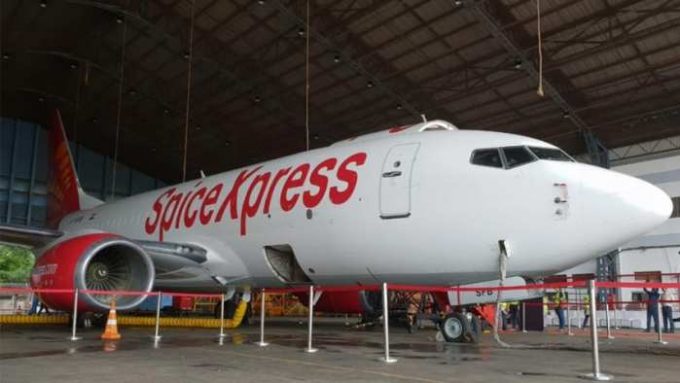SpiceJet CFO Kirankumar Koteshwar joins UK's Air One group
The former CFO of SpiceJet has joined the UK’s Air One group as CFO. Documents filed ...

India’s airlines are finding themselves deep in the red after the dual headwinds of Covid disruption and high fuel prices sent the industry into a tailspin.
According to a study by market research firm CRISIL, the three top Indian carriers, IndiGo, SpiceJet and Air India, are expected to see a combined net loss of over Rs200bn (US$2.7bn) – the worst ever – in the fiscal year ending 31 March.
This is 44% worse than the Rs138.53bn ($1.86bn) they collectively bled in the ...
Trump tariffs see hundreds of cancelled container bookings a day from Asia
'Disastrous' DSV-Schenker merger would 'disrupt European haulage market'
'To ship or not to ship', the question for US importers amid tariff uncertainty
'Chaos after chaos' coming from de minimis changes and more tariffs
List of blanked transpac sailings grows as trade war heats up and demand cools
EC approves DSV takeover of DB Schenker
Shippers in Asia restart ocean shipment bookings – but not from China
Forto 'sharpens commercial priorities' as it lays off one-third of staff
India withdraws access for Bangladesh transhipments, in 'very harmful' decision
'Tariff hell' leaves industries in limbo – 'not a great environment to plan'
IndiGo fleet expansion plan will include a major push to boost cargo volumes
Pre-tariff rush of goods from US to China sees air rates soar, but not for long

Comment on this article